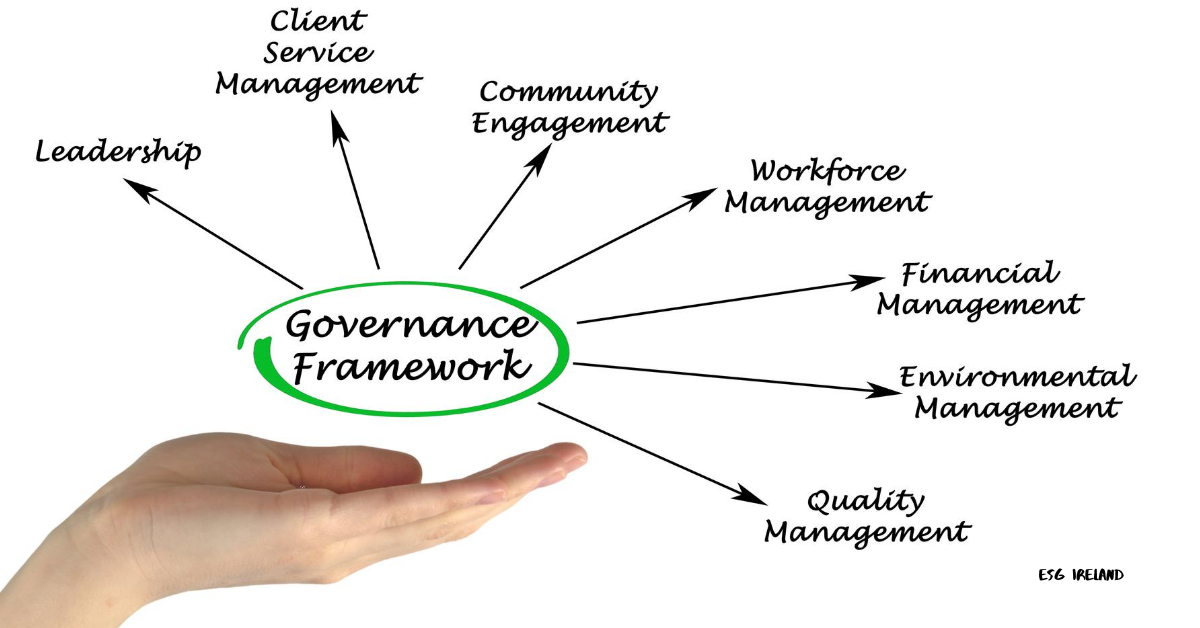

In part 3 of a 3 part article series assessing the impact of Covid, the team from Aberdeen Standard Investments touch on the importance of good governance as companies manage their way through this crisis.
The final stop on our tour of the ESG implications of the Covid-19 crisis is the ‘G’ factor – governance. The current pandemic throws up myriad challenges for boards and executives as they manage their way through the crisis. Effective, ethical leadership and stakeholder management is therefore critical for firms wanting to emerge on the other side of the crisis with their reputations not only intact – but perhaps enhanced.
During times of crisis, high-quality corporate governance comes into its own. This involves effective boards working closely with motivated executive teams to provide exceptional leadership. That in turn puts companies in the best possible position to emerge from the crisis with engaged workforces, reliable supply chains and loyal customers.
Through the way they manage their companies during this crisis, management and boards will determine whether their social licences are extended and thus define their potential for future success.
Good capital management
As companies deal with the pandemic, they will incur additional costs, particularly when treating stakeholders with fairness and respect. Taking steps to protect the health of employees is paramount given the nature of the current crisis. They should also do what they can to support the financial security of employees within the bounds of what is affordable. Additionally, companies should work closely with their suppliers so that these enduring relationships are still in place when a degree of normality begins to return.
In circumstances where it becomes necessary for a company to seek further capital, investors should endeavour to provide support when it is their clients’ or customers’ best interests. However, such capital-raising exercises must give full consideration to the interests of existing shareholders.
In seeking additional capital, companies must be able to provide a strong business case and detailed analysis of how the planned capital raising will meet the company’s needs for a minimum of 12 months. This should take account of any reduction in dividends, re-negotiation of debt covenants and the use of emergency support from banks and the government. Arrangements to support companies and the economy will be multi-faceted and require the open and transparent engagement of all involved.
As well as cases where additional capital may be required, boards and management will need to consider broader aspects of capital conservation. Companies should be expected to do their utmost to retain the capital required to meet their future needs. But companies whose businesses continue to run successfully without external support and are well placed to maintain their dividend policy should continue to do so.
Proxy voting season – making our voices heard
One key consequence of the crisis has been the way it is constraining normal methods of holding corporates to account. For example, many annual shareholder meetings have become closed, or exclusively virtual, while others have been postponed altogether.
Although many shareholders take issue with such virtual meetings, believing it lowers accountability and transparency, such changes are unavoidable for now. Companies should, however, restore normal practices when it is safe to do so and, in the meantime, invest more in technological solutions that make virtual meetings more effective.
All in this together
Remuneration is an almost continual topic of engagement in some markets such as the UK and, increasingly, the European Union. So far, the manner in which companies and executives have dealt with pay to address the impact of Covid-19 has been generally positive. Some executives have taken cuts in fixed or variable pay or have donated a portion of their pay to assist those affected by the pandemic.
Companies and executive directors need to show regard for their employees and wider society. They also need to demonstrate awareness of their licence to operate when considering their compensation policies and the overall level of remuneration.
However, it is not until next year that we will see how companies handle the full impact of the pandemic on their performance and related pay outcomes. We expect companies to handle next year’s pay arrangements in the same responsible manner.
Final thoughts…
The Covid-19 pandemic has highlighted what responsible business practices mean for companies, their employees, customers and the communities they serve.
For ESG investors, the crisis has exposed a series of risks and shown that the ‘S’ in ESG is at least as important as the ‘E’ and ‘G’. However, the pandemic has also generated numerous ESG opportunities. These include more cost effective ways to reduce firms’ carbon footprints; increased capacity to accommodate agile working practises that support diversity and inclusion; a greater recognition of the role that advanced health and safety regimes can play in mitigating and managing risks; and a deeper understanding of how important just employment practices are in creating successful businesses.
For now, many investors are naturally focusing on the challenges ahead. However, we believe that by taking an ESG-focused approach to the recovery, we can strengthen the links between corporate success, environmental sustainability and social justice. This would be a welcome legacy of this tragic event.
End


